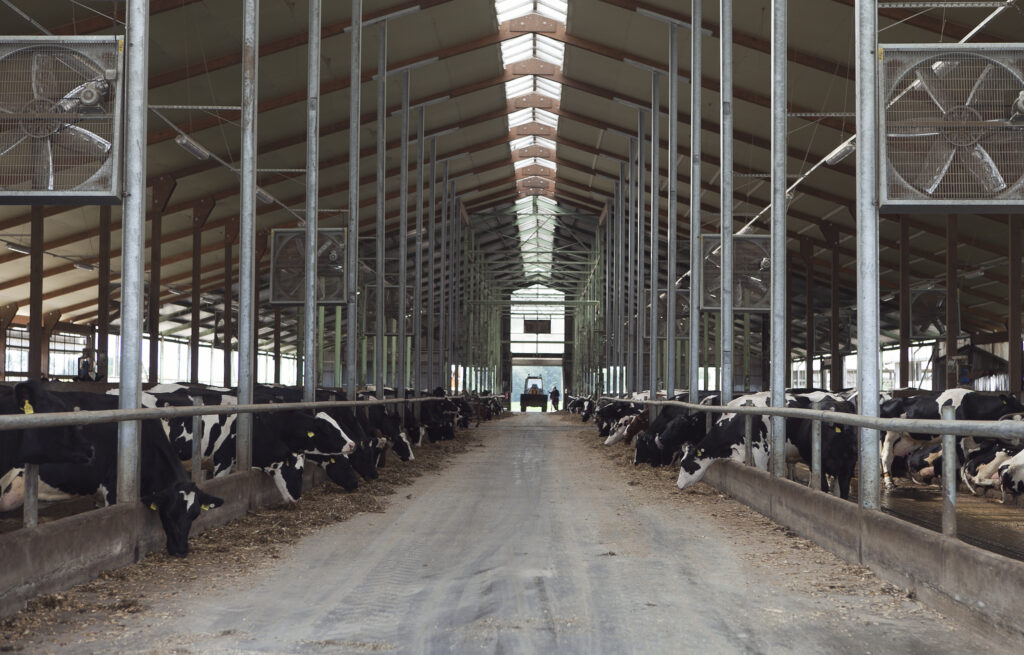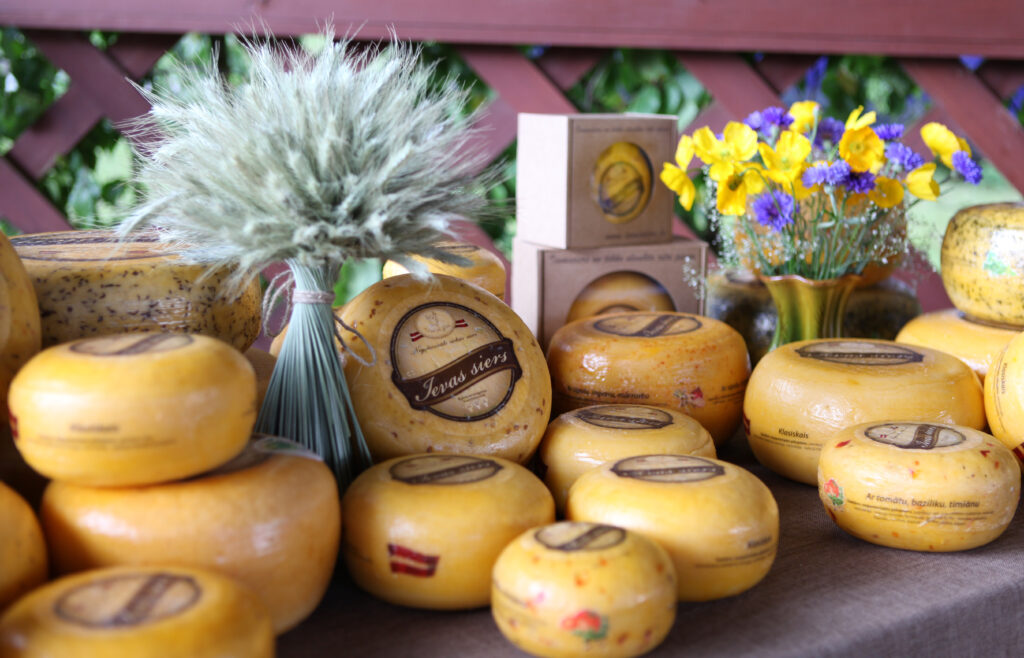Juris Sprukulis took over Vecsiljāņi farm in 2006 from his parents-in-law, and has since developed it into a large farm of 1,049 hectares, producing a variety of crops along with dairy products. With a high level of production, it’s especially important for Juris to operate the farm in an environmentally conscious way.
“We have always believed that the environment should be kept in mind while planning our farming methods, as humans are not the only ones living on this planet,” says Juris. “At the same time, all our decisions have been quite rational and based not only on our values, but also on economic reasoning.”
The farm uses a "non-waste" circular approach where all the farm products and by-products are used, for example digestates as crop fertilizer and animal manure for biogas production. The farm also reduces nutrient runoff by using a rotation system for manure handling, and by applying fertilizer in a way that that doesn’t compact the soil.

Juris heard about the WWF competition last year, when the Latvian farm Mežacīruļi won the regional award – proving to him that environmentally conscious and successful farming can and should be practiced in Latvia.
We have always believed that the environment should be kept in mind while planning our farming methods, as humans are not the only ones living on this planet.
“I think there should be more support programs for farmers that promote environmental issues,” explains Juris. “It would also be helpful to have more public discussions about the risks that inappropriate farming can have on the environment. I think that the reason for bad practices is often just a lack of knowledge, and this is why this award is so important,” he concludes.

National winners of the 2015 Baltic Sea Farmer Award
In 2015, Juris Sprukulis received the national Baltic Sea Farmer Award in recognition of his efforts to reduce nutrient runoff on his farm.
“The moral satisfaction of winning this award is the biggest prize, as nature is not something you can measure in monetary value,” says Juris.
FARM FACTS
Location: Bebru Parish in central Latvia
Type of farm: Conventional crop and dairy farm (1,094 ha)
Main production: Integrated agricultural system with crop, dairy and energy production
Key practices: Non-waste approach with efficient use of resources, use of digestates as fertilizer, biogas production, fertilizing plans, sewage decontamination equipment
National jury motivation: "Vecsiljāņi Farm is an excellent example of a ‘non-waste’ farm where all resources are used with maximum efficiency. Great attention is paid to reducing the potential pollution of natural aquatic ecosystems and the risks of nutrient leakage are significantly reduced. For example, manure is used as fertilizer and to produce biogas. The owners of the farm are always interested in learning new practices and technologies that can help them develop their environmentally friendly farming. Also, they are keen to put the things they learn into practice, and to share knowledge with other farmers."

